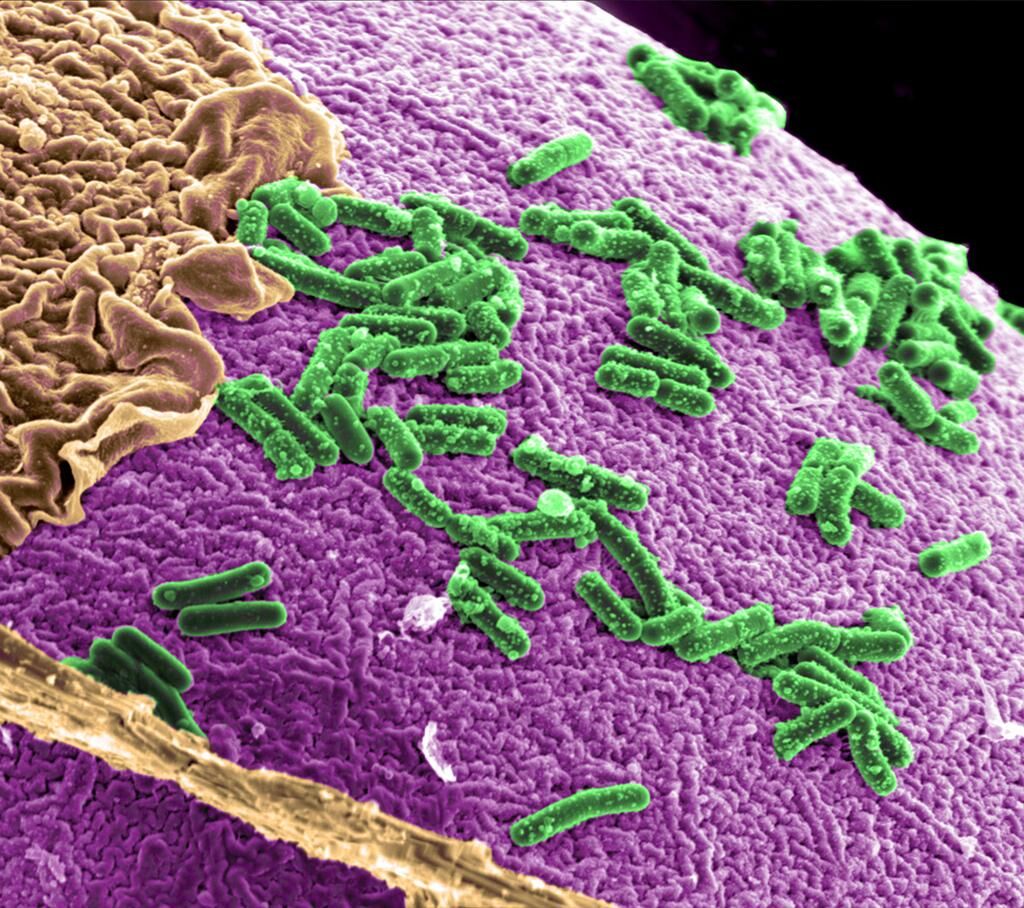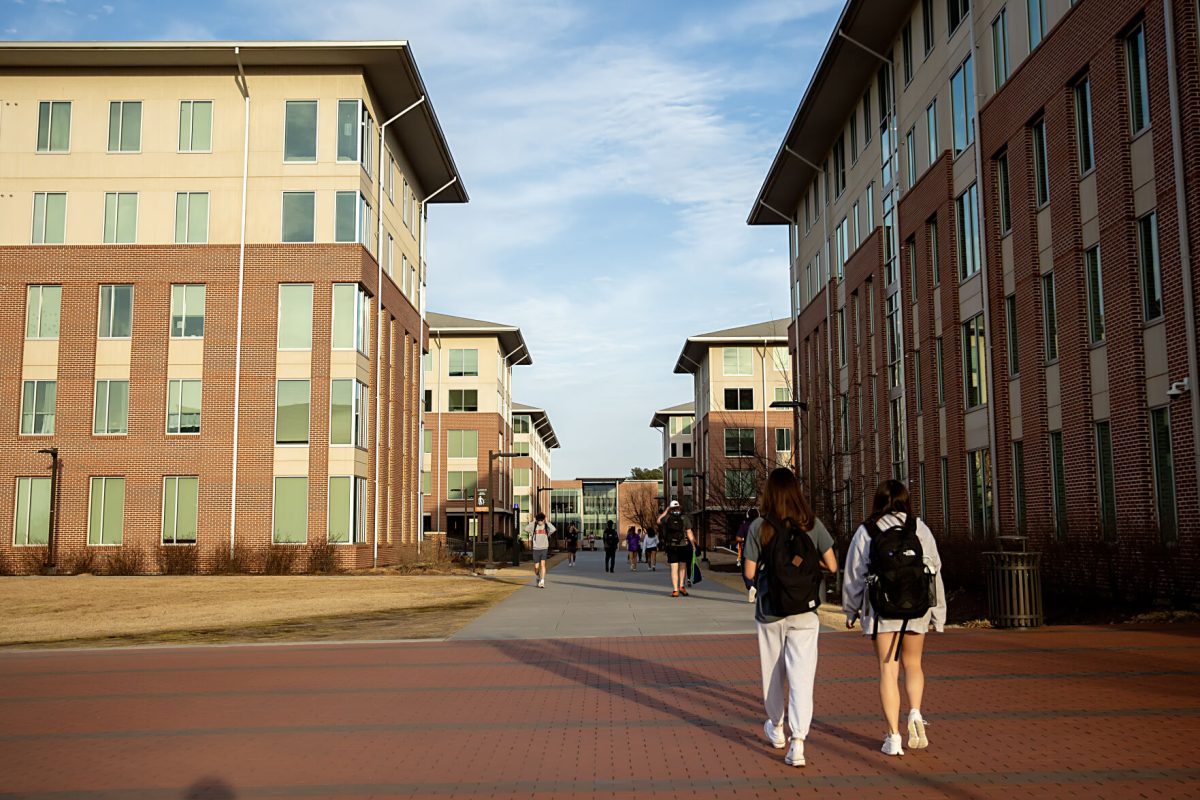Who knew that the gut played such an important role in overall wellbeing? A recent study published in Nature details how diet drives an altered gut microbiome in autistic individuals. A microbiome is any habitat where a community of microorganisms live; in this case, the gut. Microbiota are the microorganisms that inhabit the microbiome. Autism spectrum disorder is associated with altered gut microbiota composition and gastrointestinal problems. The study suggests that this altered gut microbiota may causally contribute to ASD-related behaviors.
ASD is a neurological developmental condition that affects the way an individual perceives and socializes with other people. It should be noted that there is no one known cause of ASD. Autism develops from a combination of factors, including both genetic and environmental influences. These influences don’t always lead to ASD, but they do increase the chances of an individual developing autism. This disorder can cause social interaction and communication issues. Unique behavior patterns also arise with ASD, possibly including limited behaviors or repetitive behaviors. Some common symptoms of ASD include: delayed language and movement skills, delayed cognitive and learning skills, impulsive/inattentive behavior, hyperactivity, unusual mood or emotional reactions, and, strangely enough, unusual eating habits and gastrointestinal issues. The latter symptoms are especially interesting because they seemingly have nothing to do with development or neurological issues like the other symptoms do.
The study was conducted on 247 children, 99 of them diagnosed with ASD. Metagenomic analyses were conducted on stool samples. Metagenomic analysis is the sequencing of an entire genome — the complete set of genes — in a sample. Patients diagnosed with ASD displayed unique alterations of the gut microbiota. It is not clear right now whether the altered gut bacteria is a contributing factor to the development of ASD, or if it is just a result of ASD. Many autistic people have restricted food preferences, which results in a less diverse diet and consequently, a less diverse microbial composition. The differences in gut microbiome compositions between individuals with ASD and neurotypical individuals — those without atypical thought or behavior patterns — offer a new approach for researchers to consider when further developing theories regarding the origin of autism.
ASD is a neurological developmental condition that affects the way an individual perceives and socializes with other people. It should be noted that there is no one known cause of ASD. Autism develops from a combination of factors, including both genetic and environmental influences. These influences don’t always lead to ASD, but they do increase the chances of an individual developing autism. This disorder can cause social interaction and communication issues. Unique behavior patterns also arise with ASD, possibly including limited behaviors or repetitive behaviors. Some common symptoms of ASD include: delayed language and movement skills, delayed cognitive and learning skills, impulsive/inattentive behavior, hyperactivity, unusual mood or emotional reactions, and, strangely enough, unusual eating habits and gastrointestinal issues. The latter symptoms are especially interesting because they seemingly have nothing to do with development or neurological issues like the other symptoms do.
The study was conducted on 247 children, 99 of them diagnosed with ASD. Metagenomic analyses were conducted on stool samples. Metagenomic analysis is the sequencing of an entire genome — the complete set of genes — in a sample. Patients diagnosed with ASD displayed unique alterations of the gut microbiota. It is not clear right now whether the altered gut bacteria is a contributing factor to the development of ASD, or if it is just a result of ASD. Many autistic people have restricted food preferences, which results in a less diverse diet and consequently, a less diverse microbial composition. The differences in gut microbiome compositions between individuals with ASD and neurotypical individuals — those without atypical thought or behavior patterns — offer a new approach for researchers to consider when further developing theories regarding the origin of autism.















